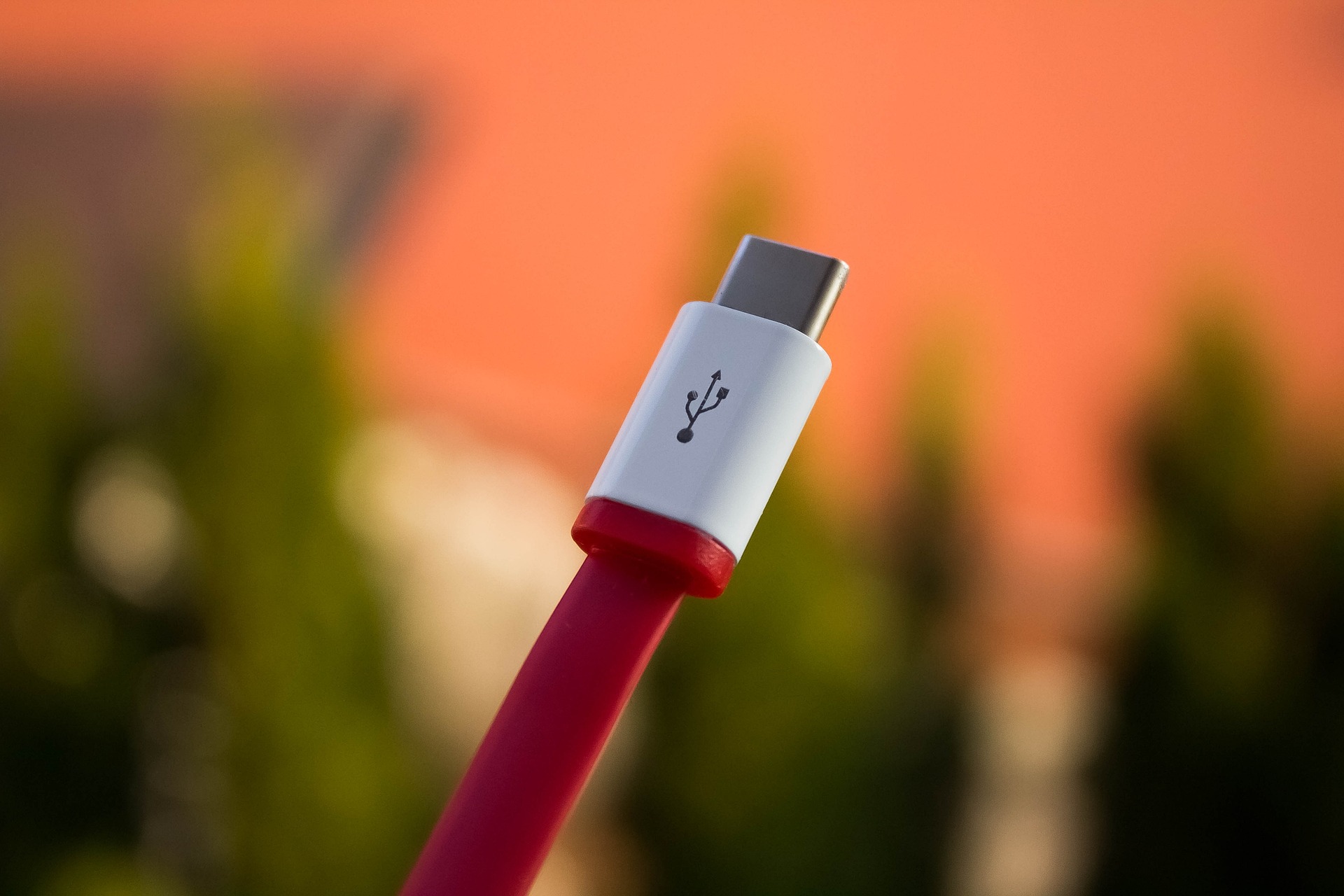The European Commission has announced that by 2024, all mobile devices, tablets, and cameras sold in the European Union (EU) must have a common charger using Type-C technology. The decision will reduce electronic waste and simplify the charging process for consumers.
Type-C connectors are already used by many smartphone manufacturers, including Apple, Samsung, and Google. The standardization of charging ports is expected to eliminate the need for multiple chargers and cables, which can be costly and wasteful.
The move towards a universal charging port began in 2009 when major phone makers agreed to use Micro-USB as the standard charging port. However, technology has since evolved, and many new devices now use Type-C.
The European Union has been leading the charge in environmental policies to reduce electronic waste. According to a European Parliament report, electronic waste is one of the fastest-growing waste streams in the world, with 50 million tons generated annually. The new regulations will contribute to the EU’s Circular Economy Action Plan, which aims to reduce waste and increase recycling.
Some companies, such as Apple, have opposed the move, citing the need for innovation and differentiation. However, the European Commission argues that the benefits of a universal charging port outweigh any potential drawbacks.
The switch to a common charging port is also expected to benefit businesses, as it will reduce the cost of producing and selling chargers and cables. It will also simplify logistics and reduce the need for companies to stock different types of chargers and cables.
In addition to the environmental benefits, a common charging port is expected to make life easier for consumers, who will be able to use a single charger for all their devices. This will eliminate the need to carry multiple chargers when traveling, and reduce the frustration of trying to find the right charger for a device.
The new regulations are expected to take effect in the EU in 2024, giving manufacturers time to adjust their products and supply chains. The European Commission is calling on other regions to follow suit and adopt a universal charging port, as it will lead to a more sustainable and efficient future.
In conclusion, the European Commission’s decision to mandate a Type-C universal charging port for mobile devices, tablets, and cameras is a significant step towards reducing electronic waste and simplifying the charging process for consumers. The move is expected to benefit businesses, the environment, and consumers, and the EU is encouraging other regions to follow suit.
